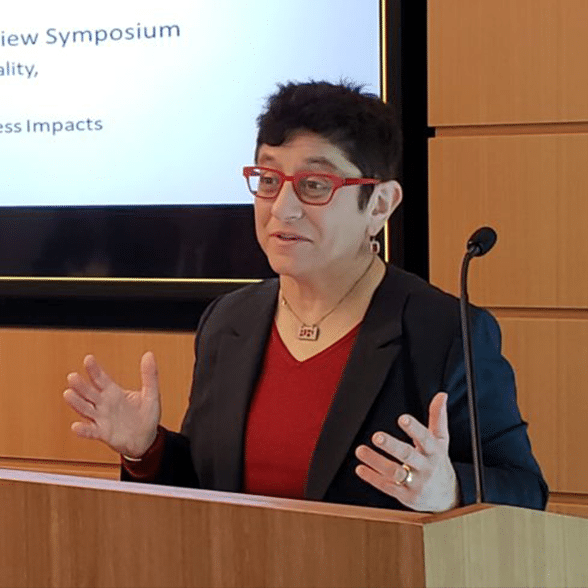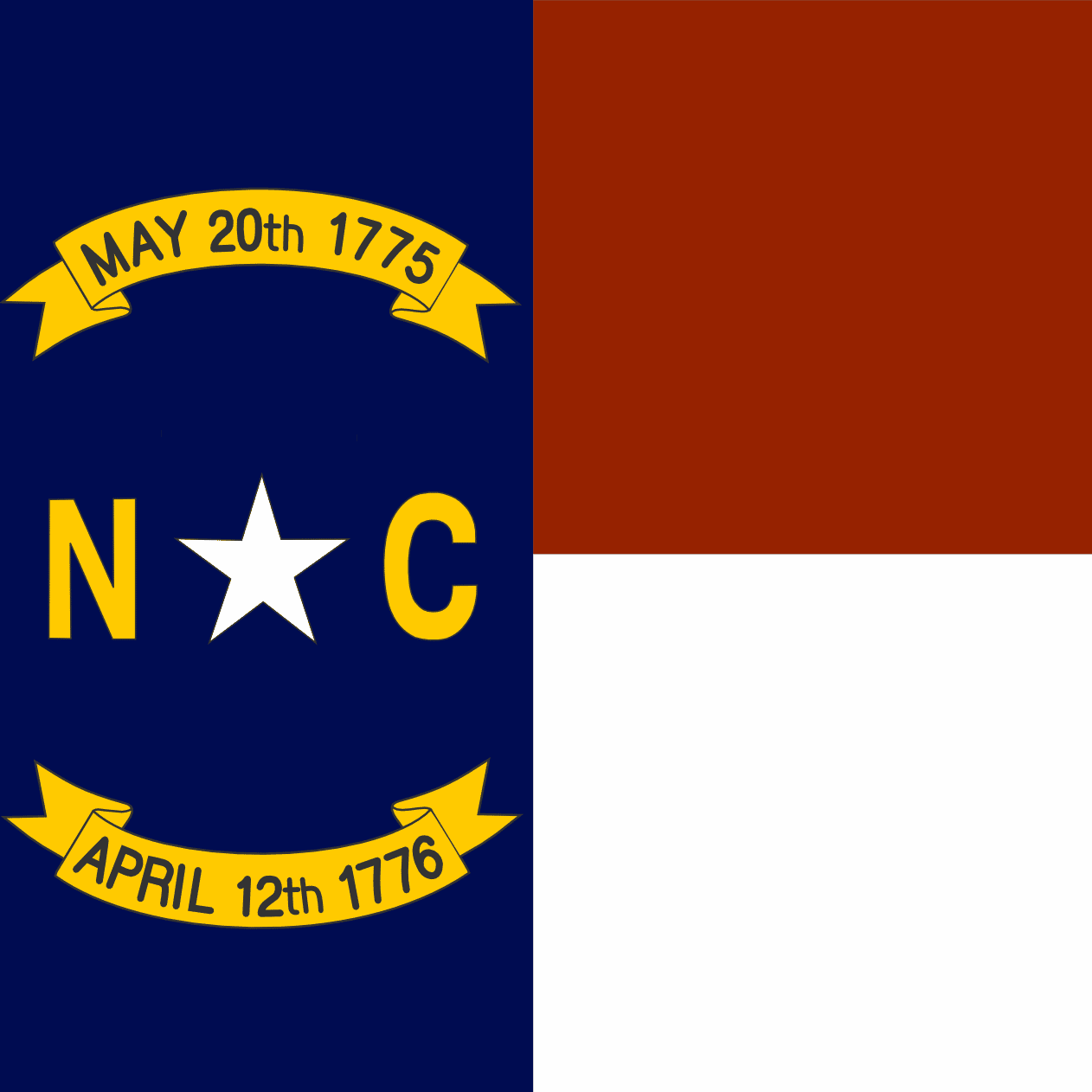As states get closer to accepting applications for $42.5 billion in BEAD rural broadband funding, more defaults in the previous RDOF rural broadband funding program could be coming.
The potential defaults involve network operators that had winning bids in the RDOF program in 2020 but who have not yet undertaken the deployments for which they won funding. The FCC, which administered the RDOF program, did not authorize funding for some winning bidders until 18 months or so after the auction was completed, by which time deployment costs had risen substantially as a result of the COVID pandemic.
Some RDOF winners now say they cannot do the deployments for which they won funding unless the FCC makes additional funding available to them. The FCC appears unlikely to do that, but the commission has said it would consider relaxing default penalties for RDOF winners that cannot afford to build.
Until the situation is resolved, some rural communities that expected to get RDOF builds not only may not get those builds; they also may be ineligible for BEAD funding. Areas slated for RDOF builds are ineligible for BEAD funding, according to the rules for that program.
Some areas slated for builds funded through the Connect America Fund (CAF II) program also are in peril for the same reasons.
Potential RDOF Defaults
Seventy stakeholders sent a letter to FCC Chair Jessica Rosenworcel today urging the commission to waive or reduce RDOF and CAF II default penalties for a short time period for those winners who have found themselves in limbo.
Among the stakeholders signing the letter are broadband providers, trade associations, state and local officials, school districts, unions and civil society organizations.
According to Gigi Sohn, executive director of the American Association for Public Broadband, the “vast majority of signatories are in areas that would be impacted.”
“There are large Texas and Mississippi contingents that would be adversely affected by the issue at hand,” Sohn said in an email in response to an inquiry from Telecompetitor.
The American Association for Public Broadband is also one of the signatories. Some other notable signatories include the Benton Institute for Broadband & Society, the Communications Workers of America, Connect Humanity, the Mississippi Broadband Association and US Ignite.
According to Sohn, the letter was organized as a “collaborative effort” and “a number of organizations helped organize this letter. It was truly a group effort and no one organization was the organizer.”
According to the letter, some of the areas that are in peril are in states such as Missouri and Mississippi that have the greatest connectivity needs.
“The commission should not permit these unserved rural communities to face this type of double whammy and be left behind once again,” the letter argues.
Defaults already have impacted about a third of the total $9.2 billion that the FCC expected to award in the RDOF program. As a result, the commission could experience a double whammy of its own.
To date, companies that won funding but defaulted have faced stiff penalties for doing so. If the commission opts to allow other winning bidders to default without penalties, there undoubtedly will be protests from companies that already defaulted. In addition, the total amount in RDOF defaults will climb even higher.
If the commission doesn’t make that move, however, it will feel increased pressure and criticism from unserved communities that are in danger of not receiving any funding for broadband builds.



